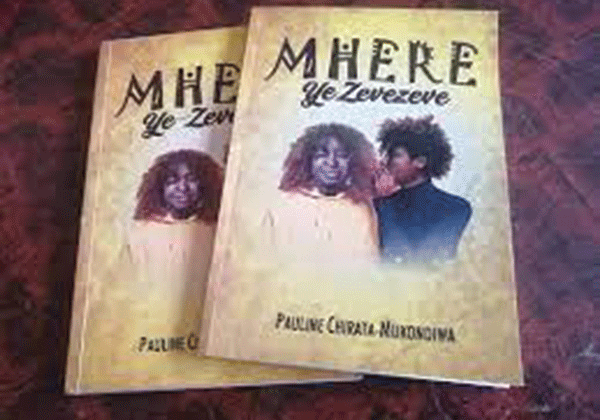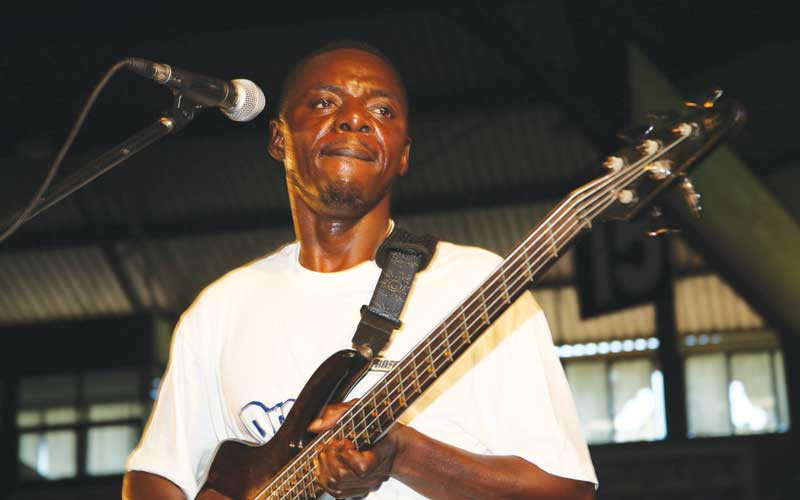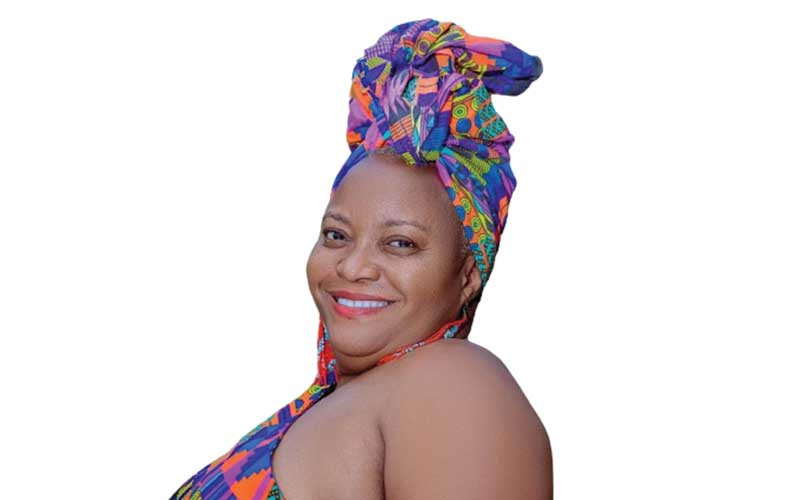
BY TINASHE MUCHURI GANGA is the father of Mazvirasa, the protagonist in Pauline Chirata Mukondiwa’s debut novel, Mhere YeZevezeve.
Ganga in Shona means something that is unripe or raw.
In this novel, Ganga is always physically brutalising his family. Besides, he is a visiting father and is never concerned about the upkeep of his family.
Ganga is involved in many other violent activities with other community members and is known for such behaviour.
Reading Mhere YeZevezeve was like I was moving from one page to the other. Some say the opening line of a novel or any story is the sucker punch that invites the reader into the story: “Gamba nemuridzi wemusha ainzi Ganga, zita rake.”
I followed the flow of the story searching for this hero. I went to the end of the story looking at the closing sentence to see how the writer ends the novel.
The closing sentence is like putting a roof to a house. And the closing line reads: “Kukura ndichishaya uye kukura ndiri kandonda kwakandipa hupfumi hwandaive ndisingagone kutaura, asi mhere yaibva muzevezeve rese randakaona yakandikodza.”
In the story, Mazvirasa and her sisters so missed their father that they would sniff leftovers of the soap he used in the bathroom or just touch the cuff of his shirt to feel his presence.
- Chamisa under fire over US$120K donation
- Mavhunga puts DeMbare into Chibuku quarterfinals
- Pension funds bet on Cabora Bassa oilfields
- Councils defy govt fire tender directive
Keep Reading
They would ask the shirt: “Munodzoka riinhi baba? (when are you coming back father?)”.
Matirasa and her sisters would play a game of choosing a person they would want to be their father in their community. They would always end by picking that man who was always with his children and playing with them.
The author uses irony in the text, and this comes out strongly when the sisters would call the name of their ideal father at once.
Mazvirasa, as the elder of the sisters, would deny her siblings their right to claim VaMwenje as their assumed father.
Ironically, everytime they played a game to choose their assumed mother, they all landed on their mother and the elder sister never contradicted this.
Building a family is not a walk in the park, but a commitment, a calling. Some people fail to do so because of their “wayward” mouths. Words can build or break a home.
The Bible says: “The wise woman builds her house, but with her own hands the foolish one tears hers down”, Proverbs 14 v 1 (New International Version).
Women are then left with choices to identify ways of confronting the challenges they face in life. Some choose to be confrontational, while others choose “quiet diplomacy”.
Mazvirasa’s mother chooses to be silent, working tirelessly to raise her children through vending at the marketplace and this is standard practice in patriarchal societies.
Meanwhile, Ganga is so foul-mouthed that he has a bad reputation.
With society increasingly becoming rotten, the law enforcers in Ganga’s town were aware of his physical and emotional abuse against his family members, but were not interested in taking action.
The novel is set in two different timeframes — during the colonial times and in independent Zimbabwe.
Mazvirasa in Shona means you have failed to plan a winning plot against me, which is a warning to the adversaries of the family to watch out for their evil acts.
Mazvirasa played true to her name as she concentrated on her schooling, helping her mother to deal with challenges such as poverty, political trials, and gender tribulations.
Of interest is how the story is told. Mazvirasa narrates her own story, which reveals how children monitor and wish that their relationships with their parents and that between their parents be sound. Unfortunately for Mazvirasa and her siblings, their father was not interested in having a happy family.
Typical of a character from a morally-bankrupt society where men are reputed for bedding several women and siring children all over, Ganga is “a man among men” — sadly, as Mai Mazvirasa is burdened with fending for their children alone.
The book Mhere YeZevezeve explores ways of solving domestic violence. Mai Mazvirasa chooses to wait patiently for Ganga to change and become a better husband, which never happens during the course of the story as he was brutally killed by the Rhodesian Army together with a family he had started elsewhere.
The new family was now staying at a concentration camp, popularly known as a “keep”, where villagers were forced to stay away from their homes as a way of stopping any contact with, and supporting the guerillas — the freedom fighters.
The author, who is very passionate about indigenous languages, must be credited for her descriptive power and a nose for detail.
She chronicles real life issues in a manner that stirs the reader’s emotions. Mai Mazvirasa appears passive, submissive and gullible in many ways.
However, she remains determined to change her situation through her children by affording them education as an empowerment tool.
The novel speaks of absent fathers, and ironically missing role models and leaders. The writer says for now, the book is found at Inov8 bookshops and Amazon as she continues searching for more outlets to enable the book to reach every reader waiting to hear the noise, moaning and inspiration brought by whispers in Mazvirasa’s life.
- Follow us on Twitter @NewsDayZimbabwe











